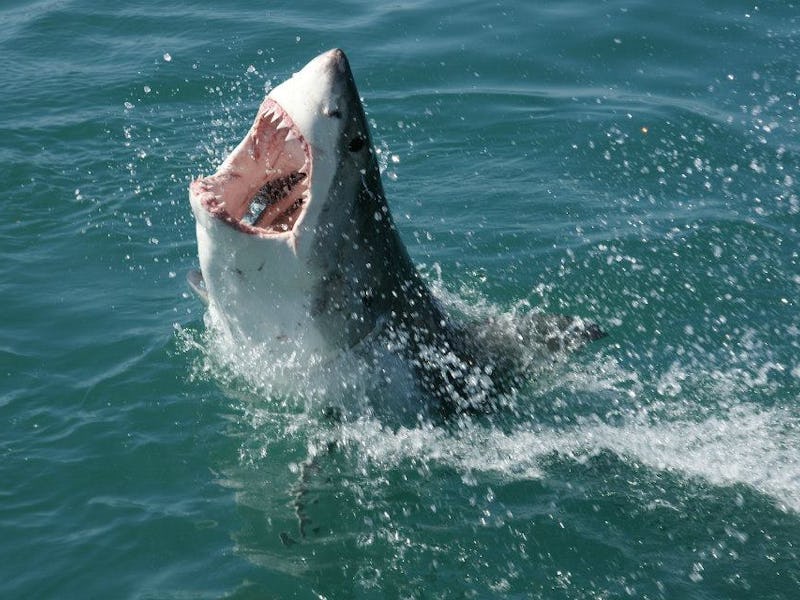Shark-Detecting Drone Takes Off Above Australian Seashore
The $250,000 device is a push for eco-friendlier ways to decrease shark attacks.

Australia’s coast, being both great surf territory as well as a primo shark habitat, is getting a technological upgrade to keep the swimmer-fish twain from meeting: A shark-spotting drone nicknamed the “Little Ripper.”
A joint venture between Aussie philanthropist Ken Weldon and Aussie bank Westpac, the $250,000 battery-powered unmanned helicopter will be deployed in the skies above New South Wales. On Sunday, New South Wales Premier Mike Baird heralded the drone as the future of oceanic search and rescue.
The Little Ripper will be able to monitor the shore for an hour before its battery kaputs, according to the Sydney Morning Herald. It’s part of a push for non-lethal, greener shark attack deterrents in Australia, where encounters are reportedly rising. They’re still fairly rare — as of November, there were 14 shark attacks off the Australian coast in 2015, reports The Guardian — but that’s a spike from the typical average of five or so. A separate $16 million shark detection initiative in New South Wales also includes buoys with advanced sonar that can, according to its creators, detect sharks 90 percent of the time.
Likewise, as ease of use and cost decreases, drones are increasingly hovering over the natural world, performing tasks both mundane and vital: looking out for rhino poachers, surveying alligator populations, and collecting snot from whales. Westpac — which for 40 years has funded life-saving helicopters in Australia — hopes drones like the Little Ripper become a standard beach-going sight, to alert swimmers to rip tides and other potential oceanic dangers.
Western Australia does not have an unblemished track record of trying to keep sharks away, having indiscriminately killed great whites in the past, a move biologists criticized as ineffective and needlessly destructive. Were drones to become a common sea safety feature — like lighthouses, but in the sky — it’d be good news for the sharks as well as humans.